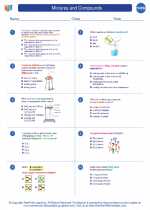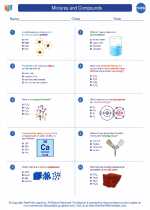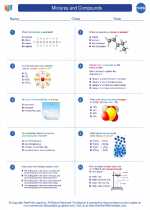Vitamin B6
Vitamin B6, also known as pyridoxine, is a water-soluble vitamin that plays a crucial role in various bodily functions. It is part of the vitamin B complex, which consists of eight B vitamins that help the body convert food into energy, maintain healthy skin, and support brain function.
Sources
Vitamin B6 is found in a variety of foods, including:
- Poultry, such as chicken and turkey
- Fish, such as salmon and tuna
- Whole grains, such as brown rice and oats
- Vegetables, such as spinach, carrots, and potatoes
- Fruits, such as bananas and avocados
- Nuts and seeds
Functions
Vitamin B6 is involved in over 100 enzyme reactions in the body, including:
- Metabolism of amino acids, carbohydrates, and lipids
- Synthesis of neurotransmitters, such as serotonin and dopamine
- Supporting immune function
- Regulating blood sugar levels
Deficiency and Toxicity
A deficiency in vitamin B6 can lead to symptoms such as:
- Anemia
- Weakness
- Confusion
- Depression
- Peripheral neuropathy
On the other hand, excessive intake of vitamin B6 can result in toxicity, leading to symptoms such as nerve damage and skin lesions.
Recommended Intake
The recommended dietary allowance (RDA) for vitamin B6 varies by age and gender. For example, the RDA for adults aged 19-50 is 1.3-1.7 mg per day.
Study Guide
To study and understand Vitamin B6 effectively, consider the following key points:
- Understand the sources of Vitamin B6 and include them in your diet.
- Learn about the functions and importance of Vitamin B6 in the body, including its role in metabolism and neurotransmitter synthesis.
- Be aware of the symptoms of Vitamin B6 deficiency and toxicity, as well as the recommended intake levels.
- Explore the various enzyme reactions in which Vitamin B6 is involved and their significance.
Remember to review the study guide regularly and test your understanding through quizzes and practice questions.
Good luck with your studies!
.◂Chemistry Worksheets and Study Guides High School. Mixtures and Compounds

 Worksheet/Answer key
Worksheet/Answer key
 Worksheet/Answer key
Worksheet/Answer key
